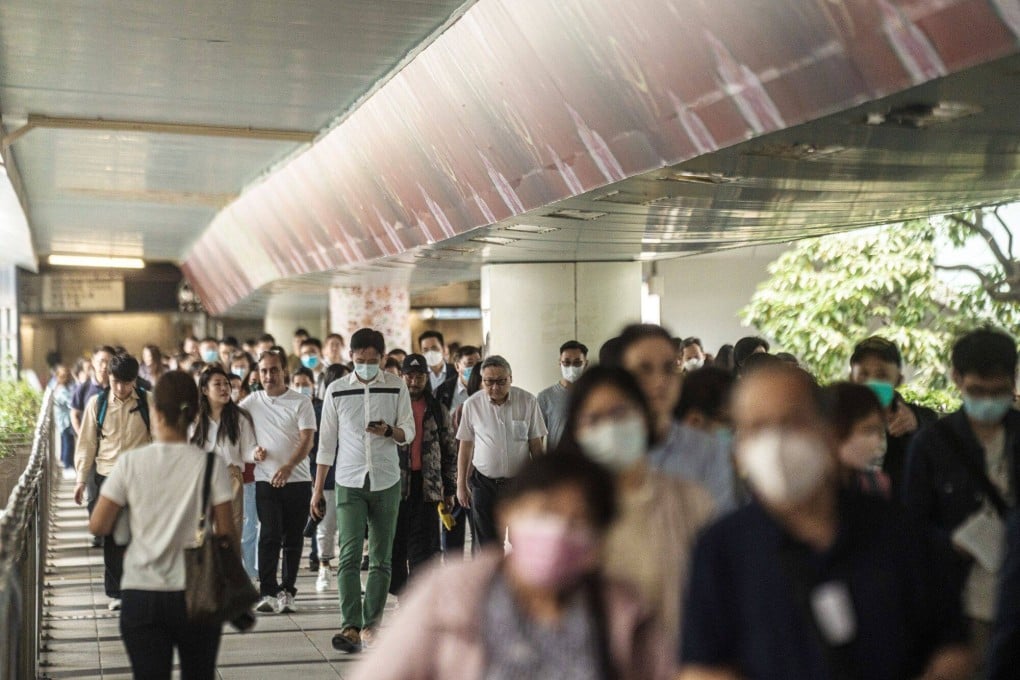Advertisement
Letters | Letters to the South China Morning Post bridge the space between the public and the ivory tower
- Regular Letters to the Editor contributors Simon Wang and Mark Peaker reflect on the value of epistolary communication with the Post, on the newspaper’s 120th anniversary
Reading Time:3 minutes
Why you can trust SCMP

As a frequent contributor to this column, I wish to congratulate the South China Morning Post on its 120th anniversary and thank the editors for their support for my research and advocacy work in the past 10 years.
Advertisement
I started writing to the Letters section in 2013 and have published over 100 letters. Since 2020, I have also been working with my colleague, Dr Benedict Rowlett, at Baptist University, helping over 300 students to publish nearly 140 letters.
My first published letter to the editor was on Creative Commons, an alternative approach to copyright management. In my first featured letter in 2016, I made the case for Hong Kong to phase out Octopus cards and imagined a smart city embracing diverse mobile payment methods. With the advent of generative artificial intelligence, my students and I also published the first letter in SCMP’s history that was edited by ChatGPT. An overarching theme of most of our letters is to question the status quo and envision a better world made possible by new technologies.
The letters column offers us opportunities to critically review the decisions made by the Hong Kong government. Through researching public policy matters, including citing the Code on Access to Information, we have published letters on a wide range of issues such as the emergency alert system, national security law and solar weather. Occasionally, government staff, for example, the Department of Justice and Hong Kong Observatory, would write in response.
Our conversation with the government extended beyond the newspaper. We met Legislative Council members including Chan Kin-por, Alice Mak Mei-kuen, Regina Ip Lau Suk-yee and Tse Wai-chuen, and brought their attention to the challenges facing groups whose voices are less often heard. The letters section lets us share our conversations with lawmakers and create additional pressure for government action.
Advertisement
It is also a bridge between the public and the ivory tower. I have co-authored letters with research students to share insights from Baptist University research teams on Chinese medicine and carbon emission monitoring. Recently, Dr Rowlett and I have received support from the General Research Fund to study how citizenship has been exercised by SCMP letter writers. This research could never have been realised without the unwavering commitment of SCMP editors to nurturing a dynamic community of readers and cultivating an invaluable platform for public discourse.
Simon H. Wang, lecturer in English, Baptist University

Advertisement